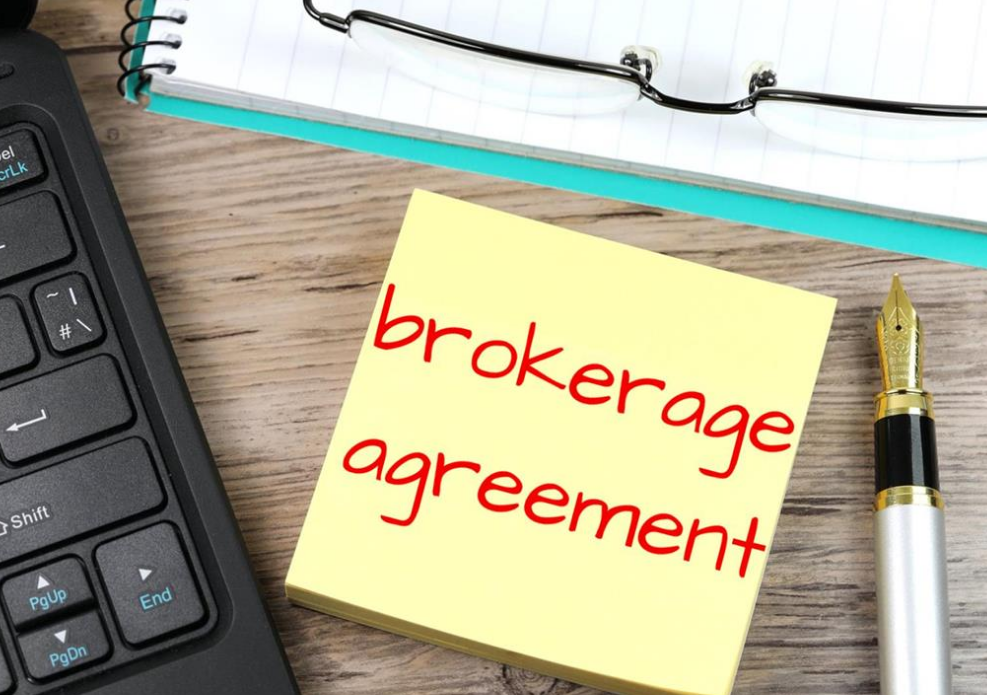 First things first. When selling real estate (be it an apartment house, office building, townhouse or a co-operative or condominium apartment) Sellers should enter into a written agreement with their Broker setting forth their understanding. The agreement should be fair and reasonable for BOTH sides. Selling real estate is a collaborative effort and the agreement between the Sellers and their Broker should keep both sides eager to work together and ensure that neither feels they have been or will be treated unfairly.
First things first. When selling real estate (be it an apartment house, office building, townhouse or a co-operative or condominium apartment) Sellers should enter into a written agreement with their Broker setting forth their understanding. The agreement should be fair and reasonable for BOTH sides. Selling real estate is a collaborative effort and the agreement between the Sellers and their Broker should keep both sides eager to work together and ensure that neither feels they have been or will be treated unfairly.
These are some of the things to look for in a brokerage agreement:
1) The term: Just how long do the Sellers have to work with the broker? How easy is it for the Sellers to end the relationship and sign up with broker No. 2? While the Sellers first preference might be for a shorter term then the Broker wants, Sellers should consider that if the term is too short or the Sellers can cut out the Broker on too short a notice, the Broker may not be as willing to put as much effort (think advertising money and time) into the deal. So it may not work in the Sellers favor to have too short a term. Brokering is hard work and takes a great deal of time, effort and expense and it may not be in the Sellers best interest to disincentivize their Broker by keeping him or her on too tight a leash.
2) The commission: This one is obvious but Sellers should realize that in an “exclusive arrangement”, they will owe the commission even if they sell the property to their Aunt Tilly UNLESS the agreement says otherwise. The agreement should also spell out if there are any reduced commissions (i.e. “4% if I sell to my next door neighbor Bob in the next 30 days”). The Sellers will naturally want to pay a lesser commission but should note that a lower commission may result in lost opportunities since buyers’ brokers (who share the commission) might prefer to steer their buyers to properties offering a higher commission.
3) Post Contract Sales: It ain’t over till it’s over. Many brokerage agreements fairly provide for the Sellers to still pay the commission AFTER the term so long as there was a sale to a buyer whom the Broker found. Fair is fair but the Broker should provide a list of the people he or she introduced to the property and there should be some time limit.
4) “If, as and when”: The four most frightening words in the English language to brokers. The agreement should be clear that the Broker only gets their commission “IF AS AND, WHEN” a contract is signed, the deal closes and the Sellers get paid!
5) Indemnity: Sellers should be protected from claims by other brokers that the Broker they are dealing with brought to the property. Brokers hate this but it is fair. Many brokers will reluctantly agree to it at least up to the amount of commissions they are paid.
6) Should the Broker get a commission if the buyer defaults and the Sellers wind up keeping all or some of the downpayment? Some brokers want their commission on the downpayment if the deal falls apart after the contract is signed. While this seems sort of reasonable it is also fair that the commission be based on the amount of downpayment the Sellers keep AFTER all the Sellers’ costs (think legal fees in a protracted fight over the downpayment) and expenses.
While there are other issues to think about (such as the listing price and advertising) the above list is a reasonable start of the basic points to consider when entering into a brokerage agreement. Good Luck with your sale!